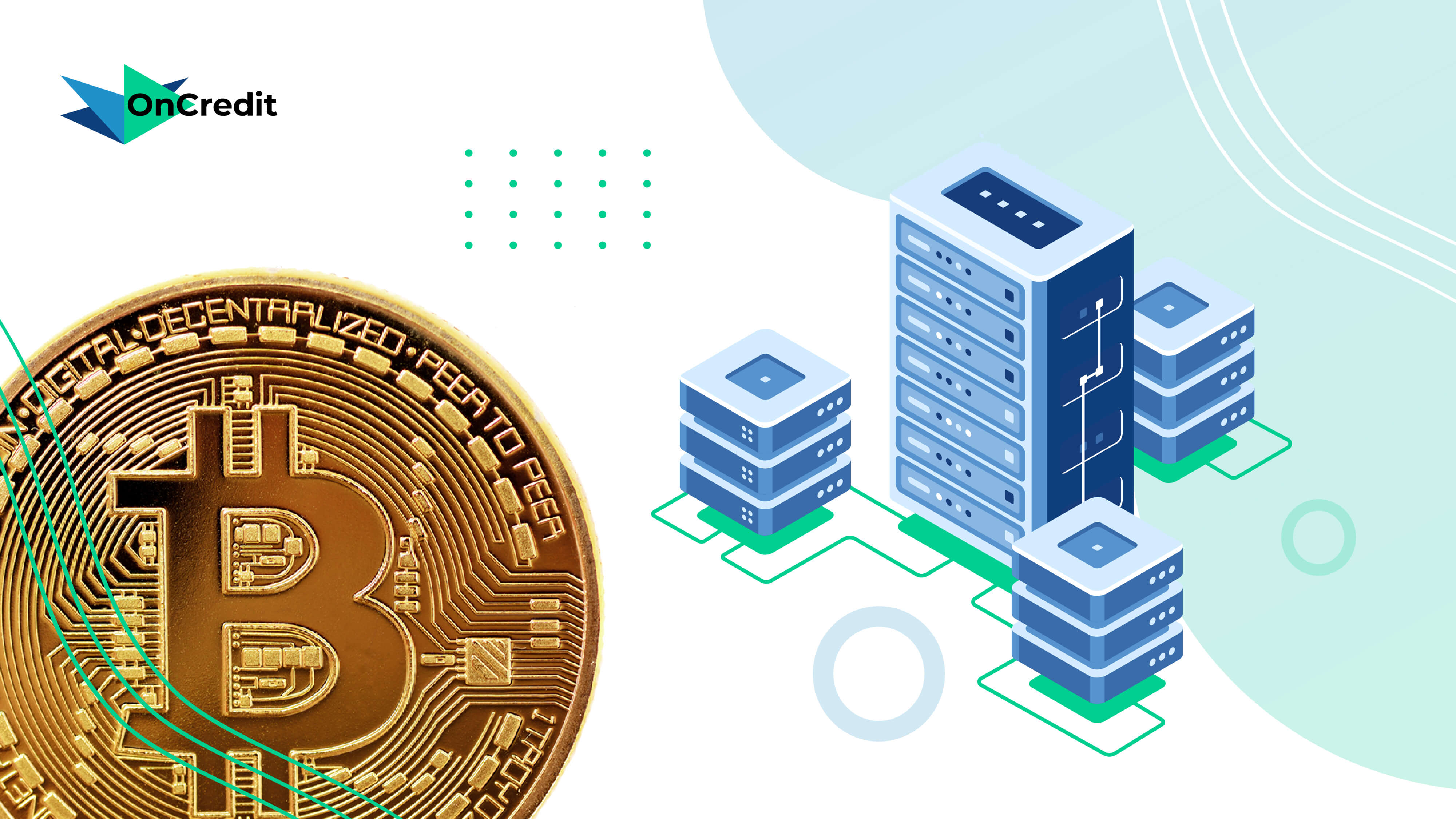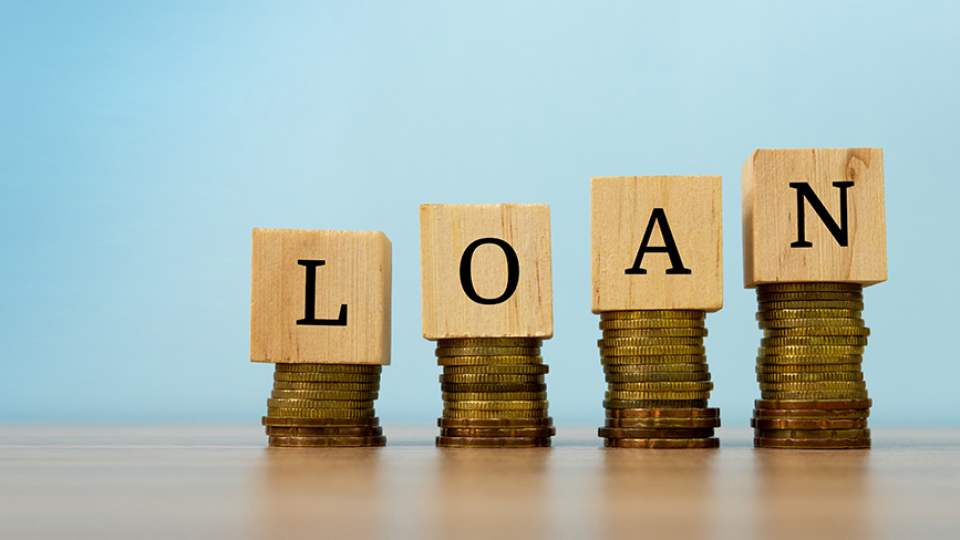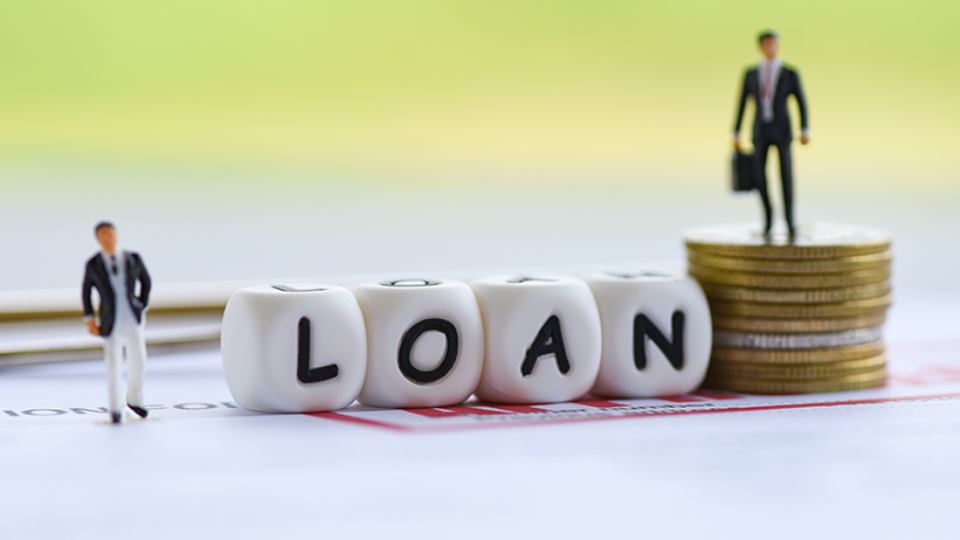Ever since bitcoin exploded on the scene, blockchain technology (which Bitcoin is built on) has been touted as the solution to many of the global problems in today’s industries. Not only Bitcoin, but even Ethereum, NFTs and cryptocurrency exchanges such as Coinbase utilise blockchain technology. Indeed, none of these would even be possible if not for the invention of blockchain technology. Global Fintech Trends are ever changing in this era and skills related to Blockchain proficiency are some of the most sought-after in the employment industry as many businesses look for ways to incorporate the benefits of blockchain in their systems and processes.
What is Blockchain?
While everyone has undoubtedly heard of blockchain technology, not everyones knows exactly what it is. Blockchain is actually a type of decentralised ledger technology. In simple terms, it works by storing identical copies of valuable data on various computers on one network. This data (and any access records / change logs) can bever be deleted or hidden, facilitating never-before-seen levels of transparency. Due to this and the high levels of encryption of the blocks and their contents, blockchain is an incredibly secure method of recording transactions, which is why it’s so trusted to be used in digital and cryptocurrencies. This method of distribution also ensures that blockchains are decentralised, meaning no single entity has full control over the data.
.jpg)
What is Blockchain used for?
At the moment, although cryptocurrency is the most famous use of blockchain, there are other more utility-focused ways and systems which blockchain is used in with many experts declaring that industries have not yet even scratched the surface of the potential uses of blockchain technology.
Some of the potential uses of blockchain include:
International Payments
Currently, transferring money to foreign beneficiaries involves multiple entities, currencies and fees. Blockchain technology has the ability to directly and instantaneously transfer money between two parties without any third parties involvement (which is a boasted-about feature of cryptocurrency). At the moment, international financial regulations do not support this, it might become a reality sooner than people think.
Auditing Financials
Blockchain is possibly the future of finance due to the secure nature of record-keeping; one of the most likely uses is said to be auditing where auditors have complete access to untampered financial statements of the previous year, and even real-time access during the course of the year. This not only eliminates the need for multiple entries, but ensures that a company’s financial data remains accurate.
Smart Contracts
Smart contracts are essentially complex computer programs which facilitate and enforce agreements without the involvement of any third party, making major transactions and asset transfers possible directly between two parties. For example, selling a house or a car without involving the bank. Smart contracts have the potential to entirely disrupt contract law and how people and businesses approach it.
Identity Verification
Blockchain technology is known to be one of the most secure ways of storing and transferring information. One of the ways it does this is through a unique verification of contents prior to adding a new block to the network. This mechanism has the potential to be extracted and used in identity verification and management which has become highly crucial in today’s world of virtual transactions. Some thought leaders have proposed possible usage in future elections for voter verification.
Some businesses who have managed to incorporate blockchain into their operations are as follows:
- Nordea: allows companies to trade internationally on a blockchain-based platform
- Kroger: utilised blockchain technology for food traceability, enabling it to track down expired or recalled food and take them off the market instantaneously
- NuArca: in partnership with IBM, developed a blockchain voting solution, which facilitates many features of the voting process while enhancing transparency and securing identity
- Plastic Bank: developed a blockchain platform for a reward system for collecting and recycling ocean plastic
The Future of Blockchain
.jpg)
While new technologies have always disrupted many industries throughout history, blockchain is different in that it single-handedly addressed (and solved) a problem that had existed for many years in the finance and digital industries. However, while blockchain is probably the most secure method of recording transactions and transferring assets at the moment, it is not immune to cyber-attacks. Due to its very decentralised nature, if a user loses access to their password or is tricked into giving away their assets, there is no “customer service” or a responsible party to turn to in order to rectify the situation.
There are currently many barriers to blockchain being utilised in a global systematic manner, the greatest of which is resistance by regulators and banks. Blockchain will reduce the necessity of involving banks in large transactions, leading to loss of revenue in the long-run which is not agreeable to banks and their respective governments. That being said, as the uses of blockchain are still being discovered, there is a high possibility that we can expect to see blockchain being utilised in out-of-the-box methods in various industries and processes.







